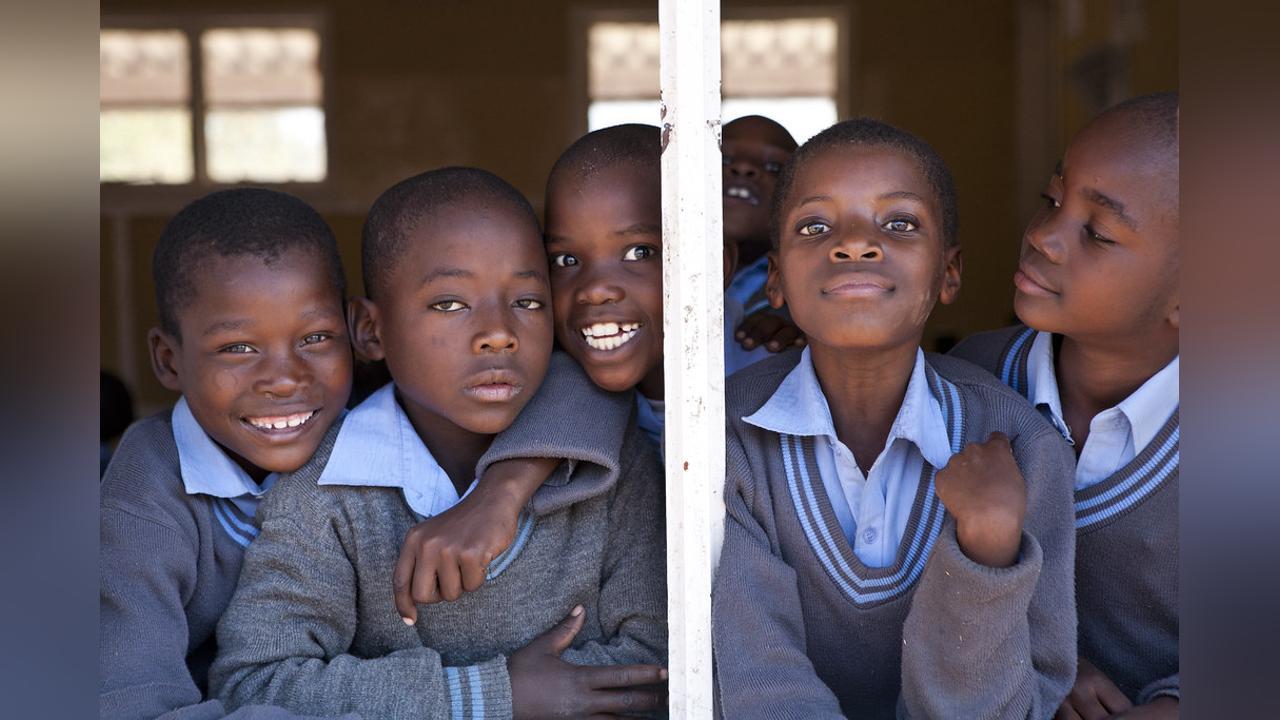Africa-Press – Botswana. In an effort to develop the media landscape in Botswana, Media Institute of Southern Africa Botswana Chapter (MISA Botswana), United Nations International Children Emergency Fund Botswana (UNICEF Botswana) and British High Commission organised a two-day media training on reporting child rights.
Remarking at the training in Gaborone on Thursday, British High Commission’s policy and programmes head, Mr Bakang Ntshingane said the United Kingdom (UK) was committed to working with the media on issues that upheld children’s rights.
Children’s rights and safety, he said were not just a public interest issue, but also an existential challenge that one must get right.
This, he said was also in line with the UK’s broad foreign policy priorities in Botswana, which had been around mutual economic growth, climate action and increasing cooperation around security across the world.
Mr Ntshingane said the British High Commission’s partnership with UNICEF, began in 2021 when UNICEF invited the High Commission to the table to partner and support Botswana’s response to issues of violence against children.
“Since then, our commitment to this cause has been growing strong. UNICEF and the UK partnership supported the Ministry of Justice and other stakeholders in the justice system to build capacity, amongst others; police officers, social and care workers as well as magistrates and prosecutors,” he added.
Interventions that came to fruition, as a result of this partnership, he said included capacity building of police officers with support from the British National Crime Agency training. Through this capacity building initiative, he said more than 300 police officers and first responders were trained on achieving best evidence when interviewing children.
By now, he said the number had increased as the Botswana Police Service had owned the training and had included it in at Botswana Police College.
“We’ve also supported by providing specialist audio and video recording equipment to install in eight child-friendly police centres, across Botswana, to ensure that evidence provided by children, who come into contact with the law, was captured and stored safely in a way that doesn’t re-traumatise survivors of abuse,” he added.
In 2024, he said there was also a Child-Friendly Justice symposium that took place, which resulted in a roadmap on child-friendly justice ‘and I’ve also seen some reporting and ownership from the Minister of Justice and Parliament about this roadmap, recently’.
Still in 2024, through the support of the Rule of Law Expertise UK programme, Mr Ntshingane said there was also a training for magistrates, prosecutors and other legal professionals in child-friendly justice and child-friendly courts.
The programme, he said worked with lawyers in blending their legal expertise and development expertise, designing and implementing partnerships that led to real impact by supporting open societies through capacity building and justice reform.
In her opening remarks, MISA Botswana vice chairperson, Ms Tshireletso Stoffel said the joint effort of UNICEF Botswana and MISA Botswana represented a significant step toward developing and enhancing the media and information aid system, ‘particularly on reporting on children issues which are highly sensitive and demand the utmost ethical consideration in their coverage’.
“Children depend on the community to safeguard and express their concerns, ensuring they develop in an environment that nurtures and facilitates the unlocking of their full potential,” she said.
For that reason, Ms Stoffel expressed gratitude to UNICEF Botswana representatives for moving away from the traditional view of the media as merely a tool for disseminating information but recognising it as a critical stakeholder that also required to be developed.
“This spirit should be what we embrace and continually nurture as we perpetually examine our society in Botswana, which like many others remains a work in progress. We, therefore, hope this collaboration will permeate throughout the country’s regions and serve as a solid foundation upon which the media will recommit to covering children’s issues, while upholding the highest ethical standards,” she added.
For More News And Analysis About Botswana Follow Africa-Press






